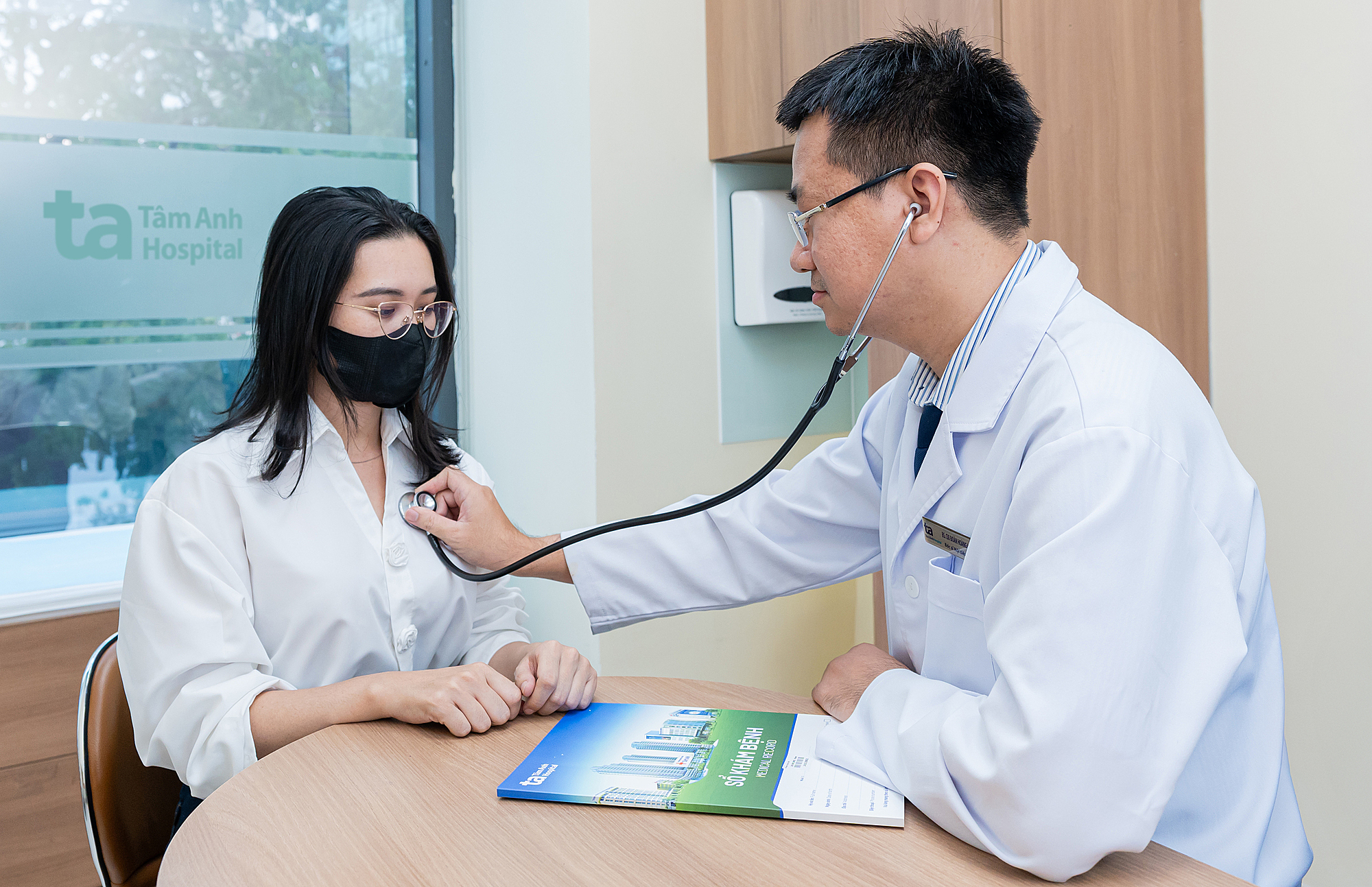Stomach ulcers occur when the protective lining of the stomach weakens, allowing stomach acid and digestive juices to erode the stomach wall. This can be caused by various factors, including H. pylori bacteria, excessive acid production, irregular eating and lifestyle habits, chronic stress, excessive alcohol consumption, and smoking.
Doctor Doan Hoang Long, from the Center for Endoscopy and Gastrointestinal Minimally Invasive Surgery at Tam Anh General Hospital in Ho Chi Minh City, advises patients to undergo regular checkups, adhere to prescribed treatment plans, and modify their diet to include beneficial foods that help manage symptoms. Certain foods can protect the damaged stomach lining, promote ulcer healing, and boost overall resistance.
Foods that protect the stomach lining
Ripe bananas, sweet potatoes, oats, and flax seeds contain natural mucilage, which coats and protects the stomach lining from the effects of stomach acid. Patients should increase their intake of green vegetables rich in soluble fiber to soothe stomach ulcers.
Foods with natural anti-inflammatory and antibacterial properties
Foods like turmeric, ginger, honey, and cooked garlic contain natural active compounds that support anti-inflammatory processes and inhibit the growth of Helicobacter pylori (H. pylori), a bacterium that causes stomach ulcers. Patients should control their intake of these foods as advised by their doctor, avoiding excessive consumption, which can strain the digestive system.
 |
Doctor Long examining a patient. Photo: Tam Anh General Hospital |
Doctor Long examining a patient. Photo: Tam Anh General Hospital
Foods rich in probiotics
Live culture yogurt, kefir, and miso are rich in beneficial bacteria. Consuming these probiotics helps balance the gut microbiome, aids digestion, reduces inflammation, and enhances nutrient absorption, promoting stomach lining recovery.
Foods that neutralize acid
Low-fat milk, toast, pumpkin, oatmeal, and green vegetables can soothe stomach pain by neutralizing excess stomach acid. Patients with stomach ulcers should prioritize these foods while limiting those that increase acid production, such as strong tea, coffee, carbonated drinks, energy drinks, spicy seasonings, and salty foods.
Doctor Long emphasizes the importance of maintaining regular meal times, eating smaller portions throughout the day, chewing food thoroughly, and avoiding late-night meals. He also recommends avoiding excessively hot or cold foods and drinking plenty of water to support optimal stomach function. If experiencing severe, persistent stomach pain, black or bloody stools, vomiting blood, or rapid unexplained weight loss, patients should seek immediate medical attention.
Thao Nhi
| Readers can submit questions about digestive diseases here for doctors to answer. |












